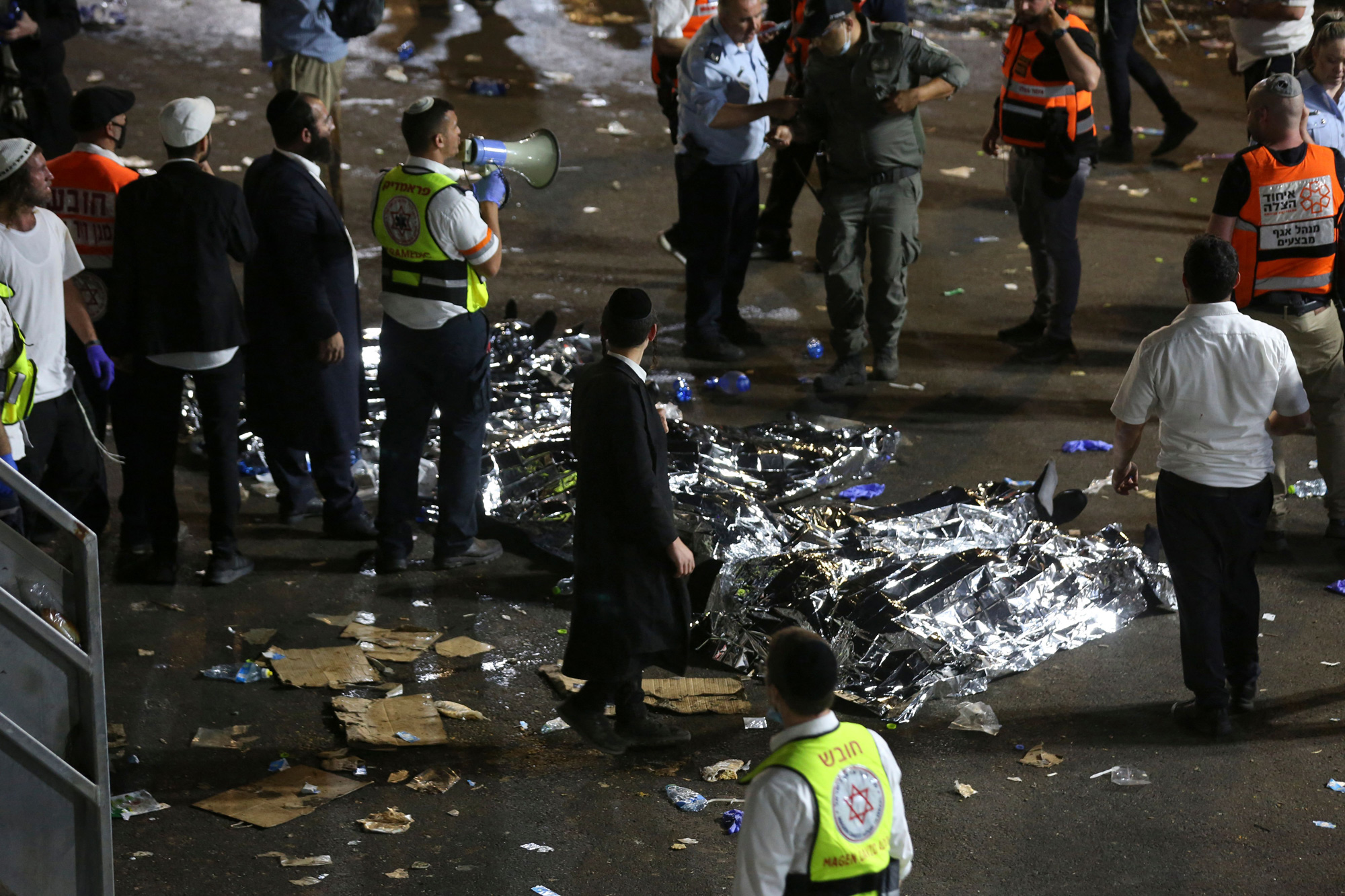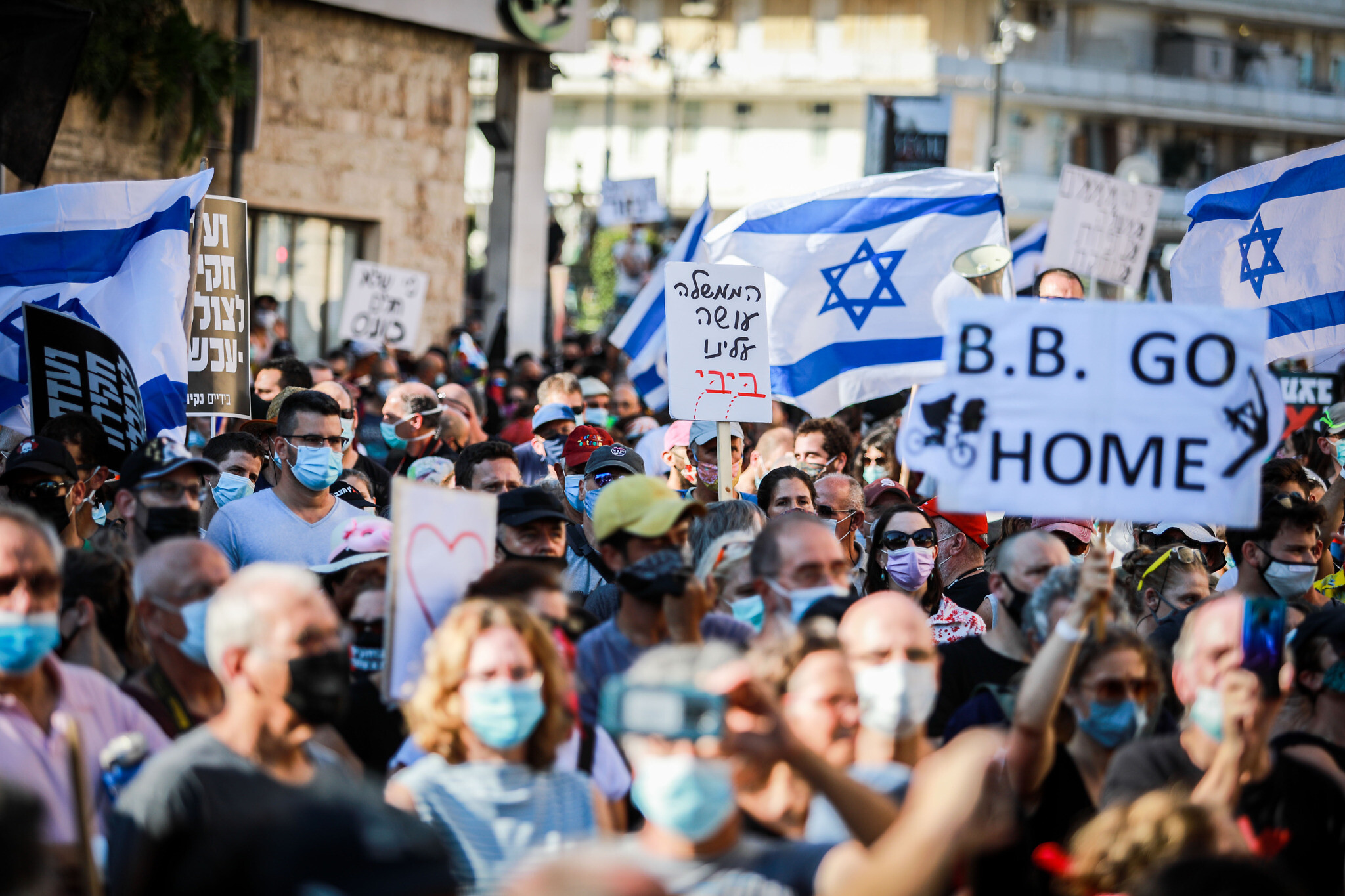Current Events and Headlines: Israeli News

This week in Israel, several significant events have unfolded, impacting the political, economic, and social landscape. From the ongoing negotiations regarding the Gaza Strip to the economic challenges facing the country, these events have sparked discussions and debates across the nation.
The Gaza Situation, Israeli news
The situation in the Gaza Strip remains a point of contention, with ongoing negotiations between Israel and Hamas. Recent reports suggest that a ceasefire agreement may be in sight, but concerns persist regarding the long-term stability of the region.
- The Israeli government has stated its commitment to ensuring the safety of its citizens while working towards a lasting solution to the conflict.
- Hamas, on the other hand, has demanded an end to the Israeli blockade of Gaza and the release of Palestinian prisoners.
The international community is closely monitoring the situation, urging both sides to prioritize dialogue and peaceful resolution.
Economic Challenges
Israel’s economy has faced several challenges in recent months, including rising inflation and a weakening shekel. The government has implemented measures to address these issues, but the impact on the average citizen remains a concern.
- The Bank of Israel has raised interest rates to curb inflation, which has led to higher borrowing costs for businesses and individuals.
- The weakening shekel has made imported goods more expensive, further contributing to inflation.
Experts predict that the economic outlook for Israel remains uncertain, with potential for both growth and further challenges.
Social Issues
Social issues continue to dominate public discourse in Israel, with a focus on topics such as gender equality, LGBTQ+ rights, and affordable housing.
- The government has recently passed legislation aimed at promoting gender equality in the workplace, but critics argue that more needs to be done.
- The LGBTQ+ community continues to face discrimination in some areas, leading to calls for greater legal protections.
- The rising cost of housing has made it increasingly difficult for young people to find affordable accommodation, prompting calls for government intervention.
These issues are likely to remain at the forefront of public debate in the coming months.
Regional and International Relations

Israel’s foreign policy is shaped by its unique geopolitical situation, surrounded by complex and often volatile neighbors. Understanding Israel’s relationships with regional and global powers is crucial to comprehending its current challenges and opportunities.
Relationships with Neighboring Countries
Israel’s relationships with its immediate neighbors have seen significant shifts in recent years.
- Egypt: Following the 1979 peace treaty, Israel and Egypt have maintained a relatively stable relationship. Cooperation on security issues, particularly regarding the Sinai Peninsula, remains crucial. Recent economic ties have also strengthened, with increased trade and tourism between the two countries.
- Jordan: Israel and Jordan signed a peace treaty in 1994, and the relationship has generally been peaceful. However, tensions persist over issues such as water resources and the Palestinian territories. Recent efforts to strengthen economic ties and cooperation on water management have shown promise.
- Lebanon: The relationship between Israel and Lebanon has been marked by conflict and instability. The 2006 Lebanon War and ongoing border disputes continue to pose challenges. However, recent negotiations on maritime borders and potential economic cooperation offer a glimmer of hope for a more peaceful future.
- Syria: Israel and Syria remain technically at war, with no formal peace treaty in place. The Syrian Civil War has further complicated the relationship, with Israel conducting airstrikes against Iranian-backed forces in Syria. The future of relations remains uncertain, with ongoing tensions and potential for escalation.
- Palestinian Territories: The Israeli-Palestinian conflict remains the most significant challenge to peace and stability in the region. Negotiations for a two-state solution have stalled, with ongoing violence and disputes over land, settlements, and security. The conflict continues to have a profound impact on Israel’s regional and international relations.
Impact of Recent Developments in the Middle East
Recent developments in the Middle East have had a significant impact on Israel’s foreign policy.
- The Abraham Accords: The normalization agreements between Israel and the United Arab Emirates, Bahrain, Morocco, and Sudan have been a major diplomatic achievement for Israel. These agreements have expanded Israel’s diplomatic reach and opened up new economic opportunities. However, the agreements have also been criticized for not addressing the Palestinian issue.
- Iran’s Nuclear Program: Iran’s nuclear program continues to be a major concern for Israel, which views it as an existential threat. Israel has repeatedly stated its willingness to take military action if necessary to prevent Iran from developing nuclear weapons. The ongoing negotiations over the Joint Comprehensive Plan of Action (JCPOA) have been a source of tension between Israel and the United States.
- The Rise of Extremist Groups: The emergence and growth of extremist groups, such as ISIS and al-Qaeda, have posed new security challenges for Israel. Israel has been involved in counterterrorism operations in the region, both independently and in cooperation with regional partners.
Challenges and Opportunities in Israel’s International Relations
Israel faces numerous challenges in its international relations.
- The Israeli-Palestinian Conflict: The conflict continues to be a major obstacle to peace and stability in the region and undermines Israel’s international standing. Achieving a lasting solution to the conflict is a priority for Israel’s foreign policy.
- International Criticism: Israel faces ongoing criticism from international organizations and governments over its policies in the Palestinian territories, particularly its settlement activity and use of force. This criticism can damage Israel’s reputation and hinder its diplomatic efforts.
- Regional Instability: The Middle East remains a volatile region, with ongoing conflicts and political instability. These factors create security risks for Israel and make it difficult to build lasting peace and cooperation in the region.
Despite these challenges, Israel also has opportunities to strengthen its international relations.
- Economic Diplomacy: Israel has been increasingly focusing on economic diplomacy, forging partnerships and promoting trade with countries in the region and beyond. This approach can help to build bridges and create shared interests.
- Technological Cooperation: Israel’s technological prowess has made it a sought-after partner for innovation and development. Cooperation in areas such as cybersecurity, agriculture, and water management can benefit both Israel and its partners.
- Shared Interests: Israel has common interests with many countries in the region, such as combating terrorism, promoting economic development, and ensuring stability. Working together to address these shared challenges can foster cooperation and understanding.
Social and Cultural Developments

Israel’s society is characterized by a dynamic interplay of diverse social groups, each contributing to the nation’s unique cultural tapestry. This section delves into key trends shaping Israeli society, including demographics, education, and cultural expression, while highlighting the experiences of different social groups.
Demographics
Israel’s demographics reflect its complex history and diverse population. The country is home to a Jewish majority, with a significant Arab minority, and a growing number of immigrants from various countries. The Jewish population is further divided into different religious and ethnic groups, each with its own distinct traditions and practices.
- Jewish Majority: Israel’s Jewish population is primarily composed of Ashkenazi Jews (of European descent) and Sephardi Jews (of Middle Eastern and North African descent). The country has also seen a significant influx of Mizrahi Jews from Arab countries since the 1950s.
- Arab Minority: Arab citizens of Israel make up about 20% of the population. They are primarily Muslim, with a smaller Christian population. Arab Israelis have faced historical challenges in terms of social and economic integration, though recent years have seen some progress in these areas.
- Immigration: Israel has a long history of immigration, with waves of newcomers arriving from various countries, including Russia, Ethiopia, and France. These immigrants have enriched Israel’s cultural landscape, bringing with them diverse traditions and perspectives.
Education
Education is highly valued in Israeli society, with a strong emphasis on academic achievement. The Israeli education system is characterized by a high level of literacy and a strong focus on STEM fields. However, there are also disparities in educational outcomes, particularly between Jewish and Arab students.
- High Literacy Rates: Israel has a high literacy rate, with nearly 100% of the population able to read and write. This is a testament to the country’s commitment to education and its strong emphasis on academic achievement.
- Focus on STEM Fields: Israel has a strong tradition of excellence in science, technology, engineering, and mathematics (STEM). The country is home to numerous universities and research institutions that are recognized globally for their contributions to these fields.
- Educational Disparities: Despite the high overall literacy rate, there are significant disparities in educational outcomes between Jewish and Arab students. This gap is attributed to factors such as socioeconomic status, cultural differences, and language barriers.
Cultural Expression
Israel’s cultural landscape is rich and diverse, reflecting the country’s history, demographics, and global connections. From music and dance to art and literature, Israeli culture is characterized by innovation, creativity, and a unique blend of Eastern and Western influences.
- Music and Dance: Israel has a vibrant music scene, with popular genres ranging from traditional Mizrahi music to contemporary pop and electronic music. The country is also known for its unique dance forms, such as Israeli folk dance and modern dance.
- Art and Literature: Israeli art and literature are characterized by a focus on social and political issues, as well as the complexities of identity and belonging in a diverse society. Notable Israeli artists and writers include David Shrigley, Amos Oz, and Meir Shalev.
- Cinema: Israeli cinema has gained international recognition for its thought-provoking films that explore themes of war, peace, and social justice. Notable films include “Waltz with Bashir” (2008) and “The Band’s Visit” (2007).
Cultural Institutions
Israel is home to numerous cultural institutions that play a vital role in preserving and promoting the country’s rich heritage. These institutions offer a wide range of programs and exhibitions, providing opportunities for cultural engagement and appreciation.
| Institution | Contribution |
|---|---|
| Israel Museum, Jerusalem | Preserves and exhibits a vast collection of art, archaeology, and Jewish history. |
| Tel Aviv Museum of Art | Features a diverse collection of modern and contemporary art, including works by Israeli and international artists. |
| Heichal HaTarbut, Tel Aviv | Serves as a cultural center, hosting performances, exhibitions, and educational programs. |
| Habima National Theatre, Tel Aviv | Israel’s national theater, renowned for its productions of classic and contemporary plays. |
| Israel Philharmonic Orchestra | One of the world’s leading orchestras, known for its performances of classical music. |
Israeli news is always buzzing, especially with the latest developments in the region. It’s interesting to see how things play out, and how it all connects to the bigger picture, like the news iran scene. It’s all so interconnected, you know?
Anyways, back to the Israeli news, I’m keeping an eye on the political scene, always a hot topic over there.
Israeli news is always buzzing, especially with the ongoing tension in the region. It’s a complex situation, with a long history of conflict and potential for peace, like what you’d find in the relationship between Iran and Israel. But hey, at least there’s always something new to talk about, right?
It’s definitely a hot topic for us Jakartans, even if it’s miles away.
